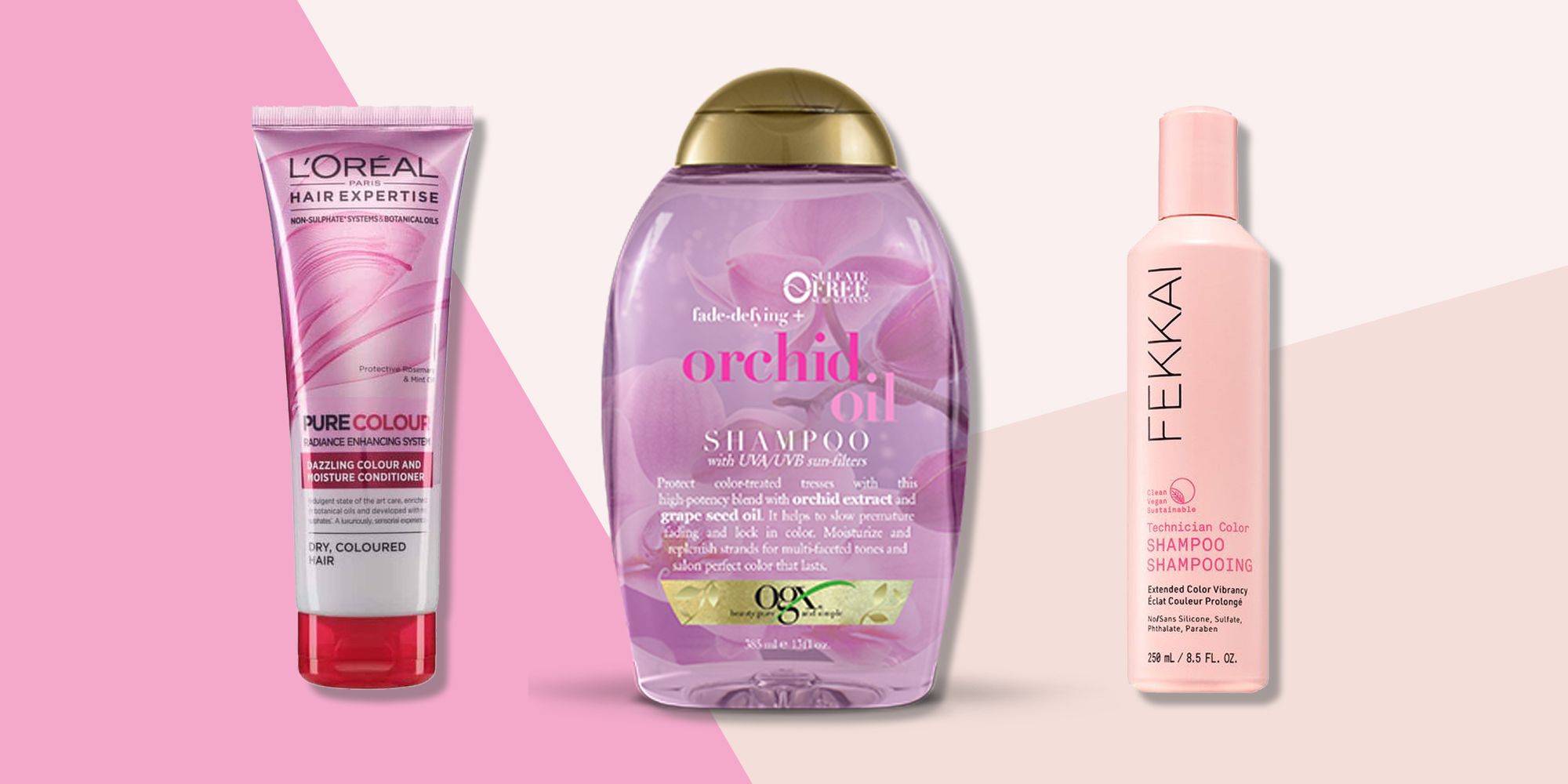What Does Sulphate Free Shampoo Do?
What Does Sulphate Free Shampoo Do?
Blog Article
What Does Sulphate Free Shampoo Do?
Table of ContentsWhat Does Sulphate Free Shampoo Do?Getting My Sulphate Free Shampoo To WorkThe Only Guide to Sulphate Free ShampooSulphate Free Shampoo Fundamentals ExplainedGetting The Sulphate Free Shampoo To WorkHow Sulphate Free Shampoo can Save You Time, Stress, and Money.
We'll tell you why. In supermarket hair shampoos, we commonly locate sulfates that solution to wonderful names such as Sodium lauryl sulfate, Ammonium Laureth sulfate or Magnesium laureth-8 sulfate. These are generally affordable surfactants that offer a cleaning agent measurement that allows it to clean hair. Their duty consists in making the item lather as well as emulsify the oils such as sebum and dust with water in order to clean them off.Some people are actually adverse them. If you have a sensitive scalp or dream to decrease the weakening and loss of hair, restricting the use of items containing sulfates can aid. sulfate free shampoo. Using a sulfate-free hair shampoo can actually make a difference: it cleans hair equally as well many thanks to mild surfactants, so you do not need to make use of more of it in the shower
Not known Facts About Sulphate Free Shampoo
Otherwise to cleaning formulas that irritate or completely dry hair out as a result of sulfates, a sulfate-free hair shampoo ends up being much milder. Which reduces the itching and tightening up of the scalp. Those that made the button from a classic shampoo to sulfate-free generally observe that they are less attracted to impulse their hair due to their previously irritated scalp.
When you run your (frequently filthy) hands via your hair, this makes it greasier faster. In other words, since sulfates dry hair out, aggravate the scalp and there are much milder and natural options, you may also maximize it and lather up differently. Because sulfates are really detergent, especially the Salt Lauryl Sulfate (SLS), they harm the hair roots at the root of the hair which damages it, decreases development and in time favours hair loss.
I have actually been paying even more attention to hair science details on the net lately. I'm beginning with sulfate versus sulfate-free hair shampoos.
3 Easy Facts About Sulphate Free Shampoo Explained
But prior to we discuss sulfates, we need to speak about the state of hair science not simply net hair scientific research, but real scholastic hair scientific research It's a mess. The video variation is here, keep scrolling for the post version There's 3 large reasons I believe there's a lot confusion around hair science.
Different hair simply does not react to hair care products the very same way. Skin care seems facility, yet when you break it down it's really quite straightforward (perhaps likewise it appears by doing this to me because I've been speaking about it for so long). With skin type there's oily and dry and in between, then you have problems like fine lines, coloring, acne.
When it comes down to it, ingredients have a tendency to work quite likewise for everyone (sulfate free shampoo and conditioner). If a hundred people use glycerin on their skin, you might have 60 people's skin obtain even more hydrated and improve, 20 people's skin stays around the exact same, the final 20 might obtain worse for some reason like the glycerin helped some other ingredient permeate and their skin got inflamed, or they have an allergy
The Single Strategy To Use For Sulphate Free Shampoo

Take damp versus completely dry detangling for example. The means water connects with hair is unusual.-'m not mosting likely to enter into much information below, that's an entire subject for another 5 messages. In short: it compromises the bonds gluing the inside of the hair with each other (which is why hair gets stretchy when it's wet), but adds dampness to the exterior of the hair, so hairs stick with each other a lot more conveniently and you require even more force to get the comb through.
The Definitive Guide for Sulphate Free Shampoo
These are the roofing tile-looking cells on the surface, which implies they can slam versus each other even more and chip. Level follicle in dry hair Elevated cuticle in wet hair So every one of this suggests it's less damaging to detangle hair when it's completely dry for straight hair. But it's the contrary for curly hair.
The cuticle still stands up extra, the curly hair is still weaker on the inside and sticky on the outside, the hair is still extra vulnerable. Yet 2 big differences: since there's much less alignment (tessellation) between curly hair strands compared to straight hair. It resembles just how pastas sticks my sources with each other a lot more than spiral pasta.
Getting The Sulphate Free Shampoo To Work

Hair researchers don't also understand the structure of hair because much detail. The understanding is still evolving reasonably rapidly, and there just isn't that much uniformity with terminology even in the peer evaluated literary works. As an example, around the late 90s, some hair scientists determined that half the protein in hair would not be called keratin anymore.
And this is central to the dispute about sulfates in hair shampoos. Sulfates generally describes salt lauryl sulfate and sodium laureth sulfate, two of the cleaning ingredients or surfactants discovered in cleansing items such as hair shampoos. Surfactants are unique because they have a head that likes water, and a tail that likes oil.
Report this page